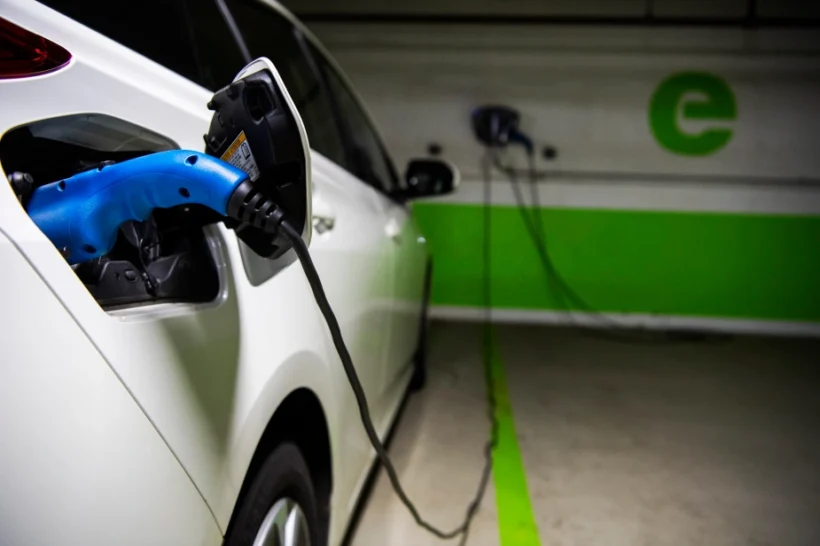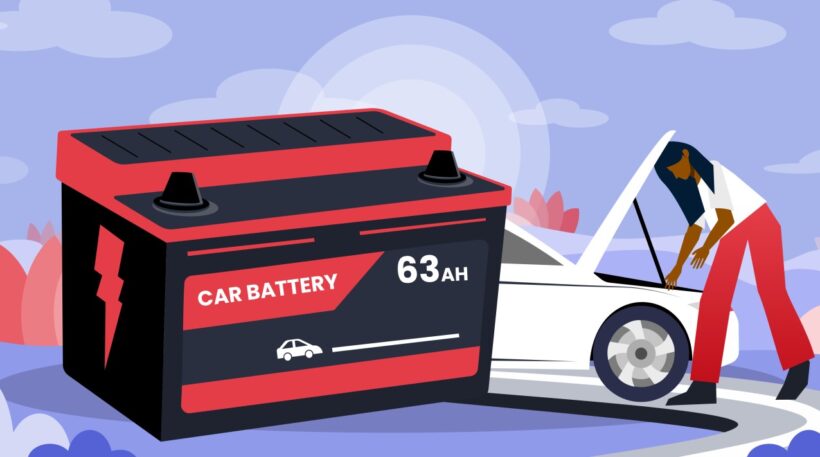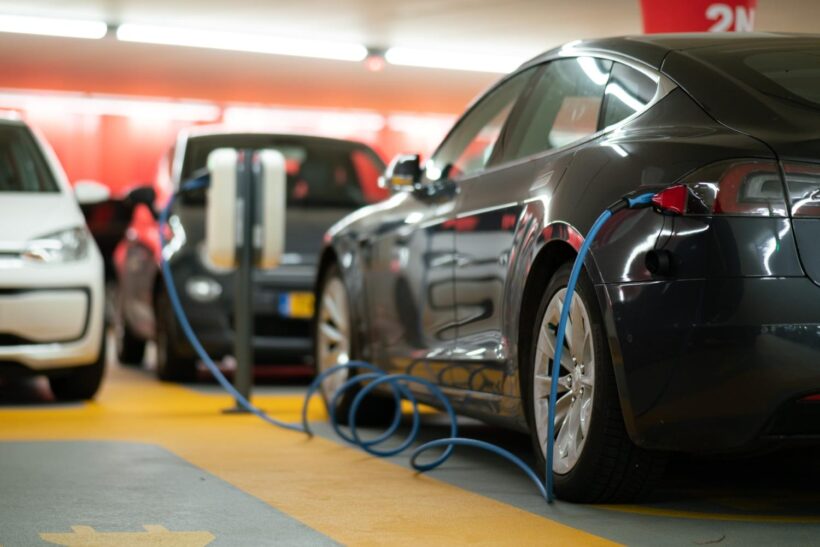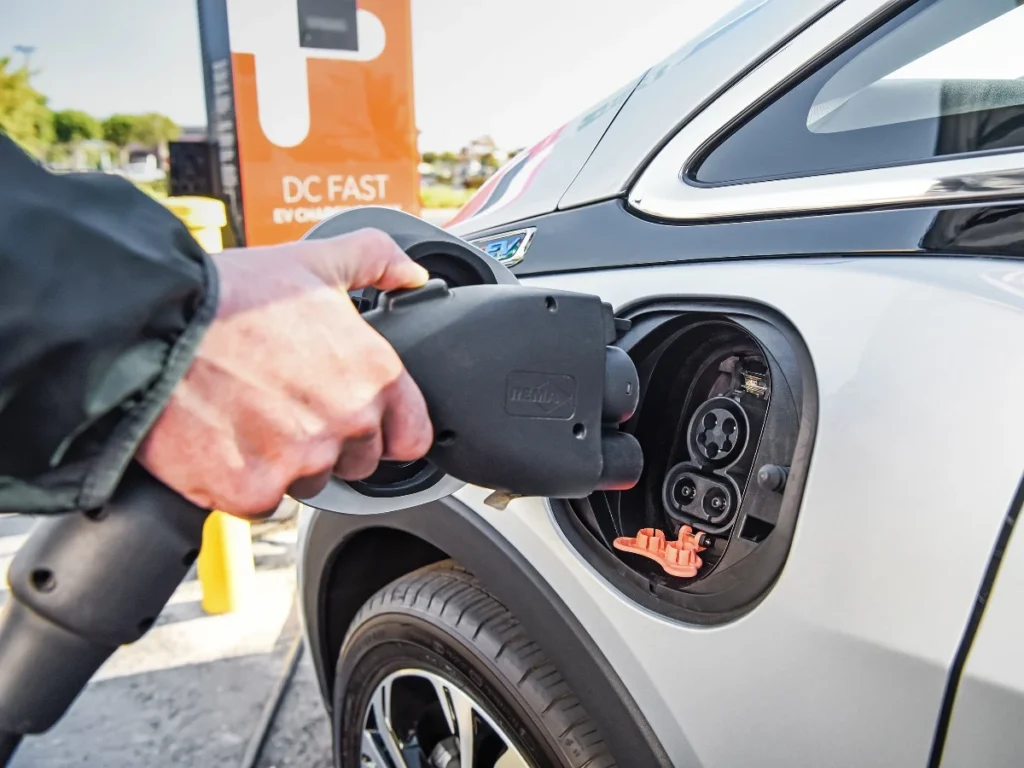The use of electric vehicles has been increasing over the years in the automotive industry, as evidenced by their increasing usage. This is largely due to the fact that they are less expensive to operate than conventional vehicles and also offer better fuel economy.
There are quite a few interesting features electric vehicles offer including their stylish design and lower carbon footprint. But before you buy an EV it’s important to know the battery capacity and charging time to fully charge the battery. In this article, you will get insights into how long it takes to charge an EV and the factors influencing its charge time.
How long does it take to charge an EV?

The best way to find out how long it will take to charge your EV is by plugging it into a charger at a charging station. In general, charging an electric vehicle can take from 30 minutes to 8-10 hours. The charging time of an EV is influenced by a number of factors like battery size, charging rate of the vehicle, etc.
If you are looking for the best quality EV chargers and cables in Australia then visit evse to shop from a variety of EV products for both residential and commercial applications available for all car brands.
Factors that influence the charging time of your EV
1. Battery size and quality
The size of the battery is an essential component that influences the charging time of electric vehicles. The larger the battery, the more capacity and power it has, which means it can be charged faster. This is why electric cars use large batteries, so they can provide enough juice for long drives without having to stop at a gas station.
The larger the battery, the more power you have stored which means it will take much longer to fully charge up. Furthermore, it is essential to ensure that the battery installed in your EV is of good quality which will increase charging speed and efficiency. Hence, check the size and quality of the battery before buying your electric vehicle.
2. Charging rate of your vehicle
The charging rate of your vehicle is another important factor in determining the charging time of electric vehicles. The higher the charge rate of your vehicle, the faster it will take to fully charge the battery. New models of EVs have a higher charge rate which means they can handle fast charging and can charge your car battery faster.
If your car supports fast charging or has a higher charge rate, then you will be able to recharge your vehicle’s battery in a short time. When looking for electric vehicles, ensure that it features fast-charging.
3. Charging rate at an outlet
The overall charge time of electric vehicles is determined by a number of factors. The charging rate at an outlet/ charging point also determines the charging speed of EVs. If you have high-speed charging capabilities at the charging station, it may be possible to charge your vehicle’s battery quicker than if you have only got slow or medium-speed charging options available.
Being able to adjust how quickly your vehicle charges will help you manage your juice consumption so you never go too far over on your daily commute. A fast-charging outlet will provide you with short work of recharging your vehicle’s battery.
4. Battery life

A battery’s performance will decline over time, which can affect its charge speed and power backup. The older a battery is, the longer it will take to charge. A new battery will usually charge at a rate of 30-40 miles per hour, while an older battery could take as long as 60 miles per hour to charge.
When it’s newly installed, it may fully recharge much sooner whereas when batteries age, they lose capacity, and it takes longer to recharge. After a period, slowly the battery life starts degrading and even tiny reductions in capacity can make a big difference in how long it takes to fully charge your car’s batteries.
5. Other loads in use
When you are charging your electric car, other loads in use such as AC, lights, music system, and other devices that may be drawing power from the battery while they are plugged into it. If these devices are drawing enough power to significantly affect the charging process. This can also heat the batteries which can affect their charging efficiency.
Make sure to turn off these features and unplug devices that are not required while charging. If you have multiple devices connected to the same outlet. Try unplugging all the devices that aren’t being used frequently before your vehicle’s battery is fully charged to give an extra boost while charging your EV.
6. Extreme climatic conditions
Charging time can be affected by extreme climatic conditions. When the weather is extremely hot or cold, your battery takes longer to charge. This is because the temperatures in your car and on your charger are affecting the rate at which the battery is being charged.
If you are charging in a cold environment, it may take longer to charge than if you were charging in a warm one. The colder your ambient temperature is, the more likely it is that your battery will take longer to charge than usual. Modern electric vehicles are equipped with a Battery Management System (BMS) that ensures the safety of your vehicle’s battery even in a harsh climate.
The Bottom-line

EVs are designed for a long and comfortable drive while travelling, so it’s important that they charge quickly so people can start their journey right away. There are different types of EVs that can have different charging times depending on the level of power used by the vehicle and how much power is needed to operate it.
Moreover, there are other factors that determine the charging speed of your electric vehicle. It includes the type of EV being charged, the amount of electricity being used, and the number of times the EV has been charged.

